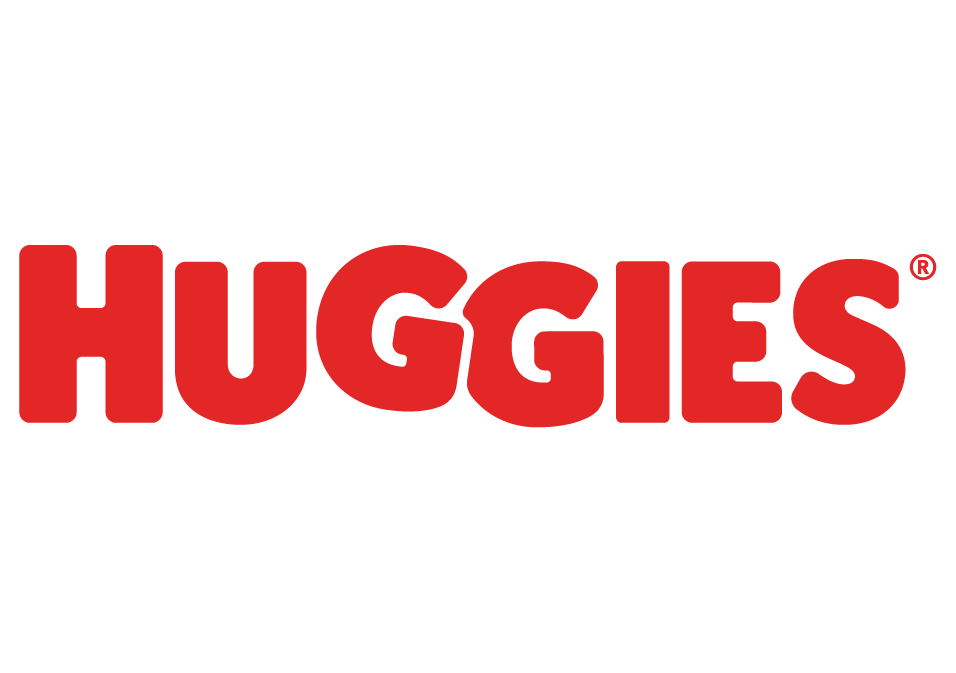It's hard to believe, but your baby is preparing to talk! From the moment he was born, your baby started communicating his basic needs to you. At birth, your baby's first cry meant, "Hey, I'm cold!" You responded to his needs and warmed him. That was your baby's first form of communication. As he continues to grow, he will start to make sounds, understand and use words and eventually participate in complex conversations. And you won't have to wait too long for all of this to happen!
Birth to 3 months
During the first few weeks of your baby's life, the two of you are getting to know each other. When your baby cries, she changes her vocal volume and pitch to communicate her needs. You learn to recognize that your baby is hungry, uncomfortable, wet, tired or content by interpreting the difference between her cries.
Your newborn baby hears sounds and startles or awakens to noise. By day 3, she may be able to recognize her mother's voice and may even stop crying when she hears it. On the 9th day, she may start to track sounds with her eyes. She may turn her head toward her mother's voice and stop an activity if she hears an unfamiliar sound.
From birth to about 3 months, your baby may be heard repeating vowel-like sounds. This is known as "cooing" and is the beginning of her "vocal play." Vocal play eventually turns into the use of speech sounds. Research indicates that a baby is born with the ability to learn and use any language. Of course, your baby will only understand and use the language(s) that she hears the most.
By 3 months, your baby may start to smile. After such a positive connection, you will interact with your baby more by using words and facial expressions to encourage another smile. She may respond to your interactions by smiling and making sounds. Imitate your baby’s cooing… it indicates to him that you’re listening to him… in turn, encouraging him further. You should follow your instincts and repeat these sounds to begin the process of language modelling.
Also at this age, a variety of vocal intonation patterns are used, and your baby learns to interpret the inflection and tone of your voice. She is recognizing the differences between your words, for example, when you ask a question or make a statement.
What can you do to encourage speech skills?
At this stage, babies tune in to the parent's touch, facial expressions and vocalizations more than the parent's words. Focus on exaggerating your facial expressions and changing vocal pitch when talking to your baby.
4 to 6 months
At around 4 months, your baby will start to respond to "no." He is now able to look around for the source of new sounds and will seem attentive to music. Between 4 and 6 months, babbling begins. Babbling is when your baby uses more speech-like consonant and vowel sounds including "p," "b" and "m." You could find your baby babbling even when he is alone or when he is playing with you.
Equally important is gesture development, because it leads to good language development. A baby begins communicating his wants and needs by gesturing (reaching out, pointing, etc.) at around 6 months of age. Research indicates that babies can learn sign language to communicate with their parents before they even speak a single word!
7 to 12 months
During months 7 to 12, your baby will start to enjoy games like peek-a-boo. He’ll learn to recognise his name and common words (i.e. "cup," "diaper"). His understanding of directions is emerging, and he begins to respond to requests such as, "Want more?" Also, his babbling has developed to include long and short groups of sounds such as, "upup, gagagaga." These babbles will form into what we know as words. Although the words may not be clear, if your baby consistently uses the same sounds to indicate an object or desire, then it can be considered a "true word." For example, if your baby always says "mo" to indicate that he wants "more," acknowledge this as a true word.
By 12 months, most babies have formed their babbles into one or two words like "dada, bye-bye," or even "mama!" It's hard to believe that in 12 short months, a baby starts to develop the ability to communicate with the world. From his first startle response to speaking his first words, speech and language skills develop rapidly. It's not surprising that research on brain development shows rapid growth occurring from birth to 3 years of age. Continue to foster great speech skills by talking to your baby often.
During this time period, your baby is ready and willing to learn a language, and you're his best source to stimulate these skills. By providing a rich, language-learning environment, you're providing your baby with skills that will last a lifetime!
Warning Signs
Developmental milestones are used as a guide to know what children typically do at certain ages. Every child is different and may meet these milestones earlier or later than indicated. However, for this age group, you should be concerned if:
- Your baby does not startle or respond to sounds.
- By 3 months, your baby does not turn towards the source of a sound or your voice.
- By 8 months, your baby does not babble, imitate speech sounds or use his voice to gain your attention.
- By 8 to 12 months, your baby does not respond when people talk to him or show interest in attempting to communicate.
If you have any concerns about your baby's hearing or speech/language, discuss them with your paediatrician. Early identification of hearing, speech or language problems is critical. Identifying potential problems early not only can assist with speech and language development, but also can prevent difficulties in the future with behaviour, social interactions and academics.












